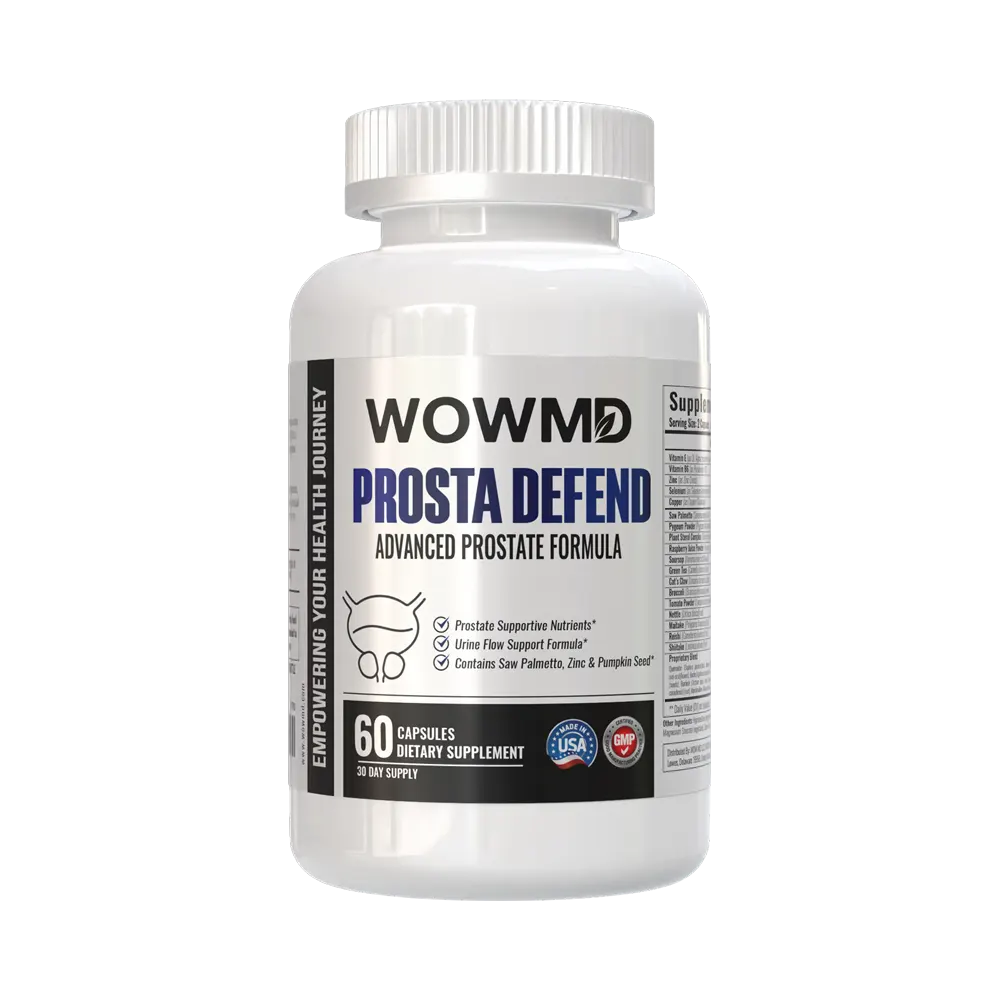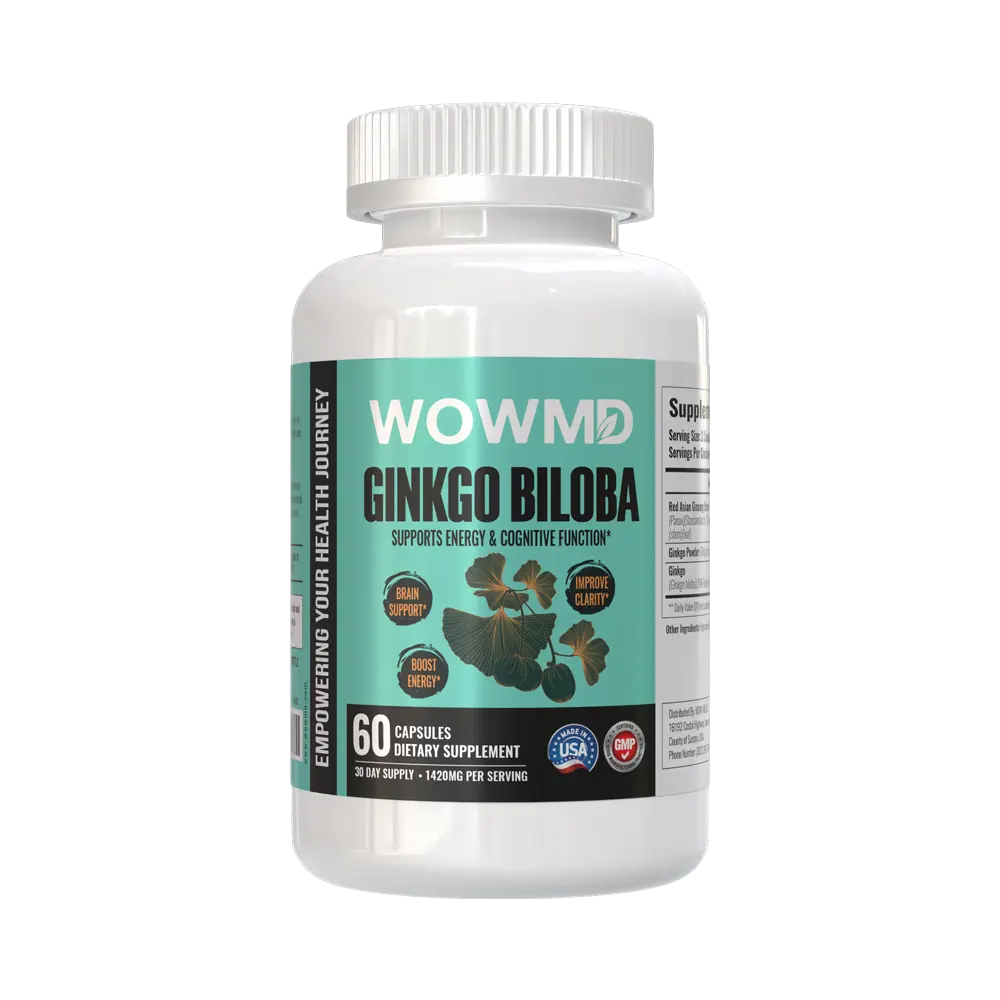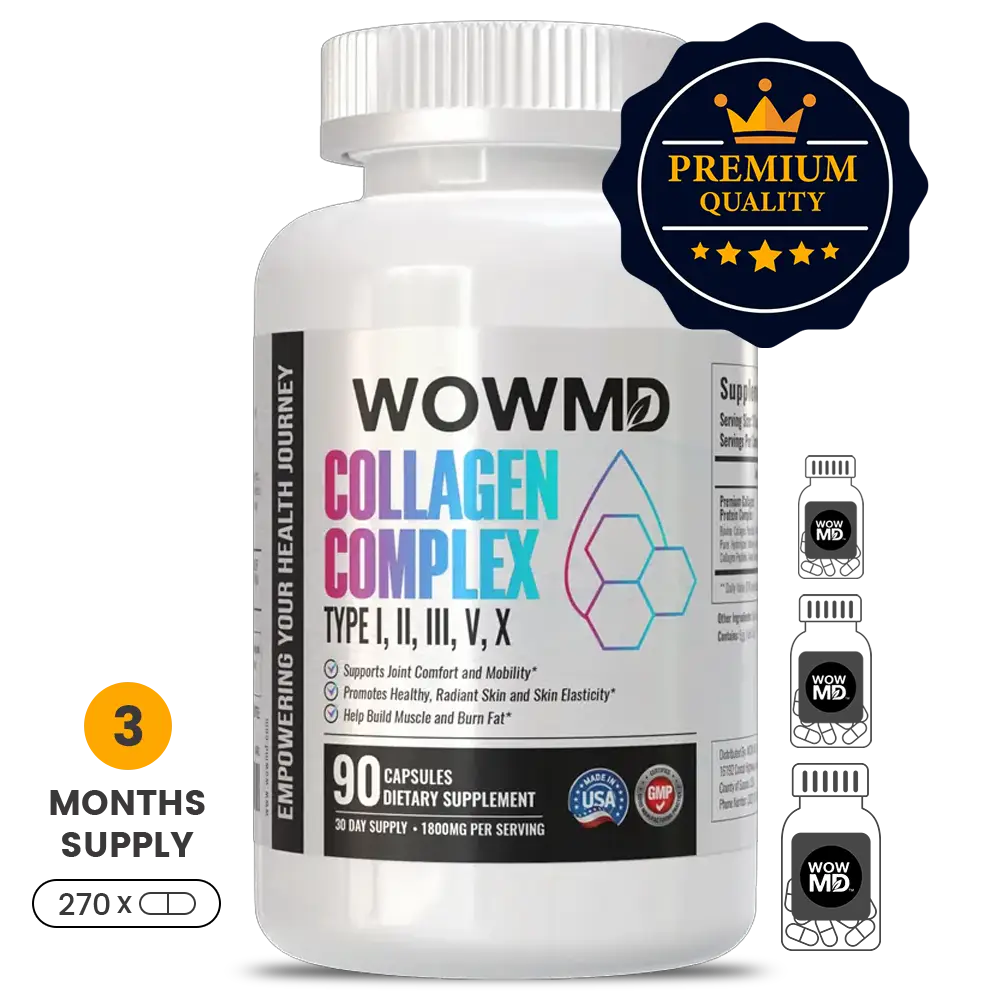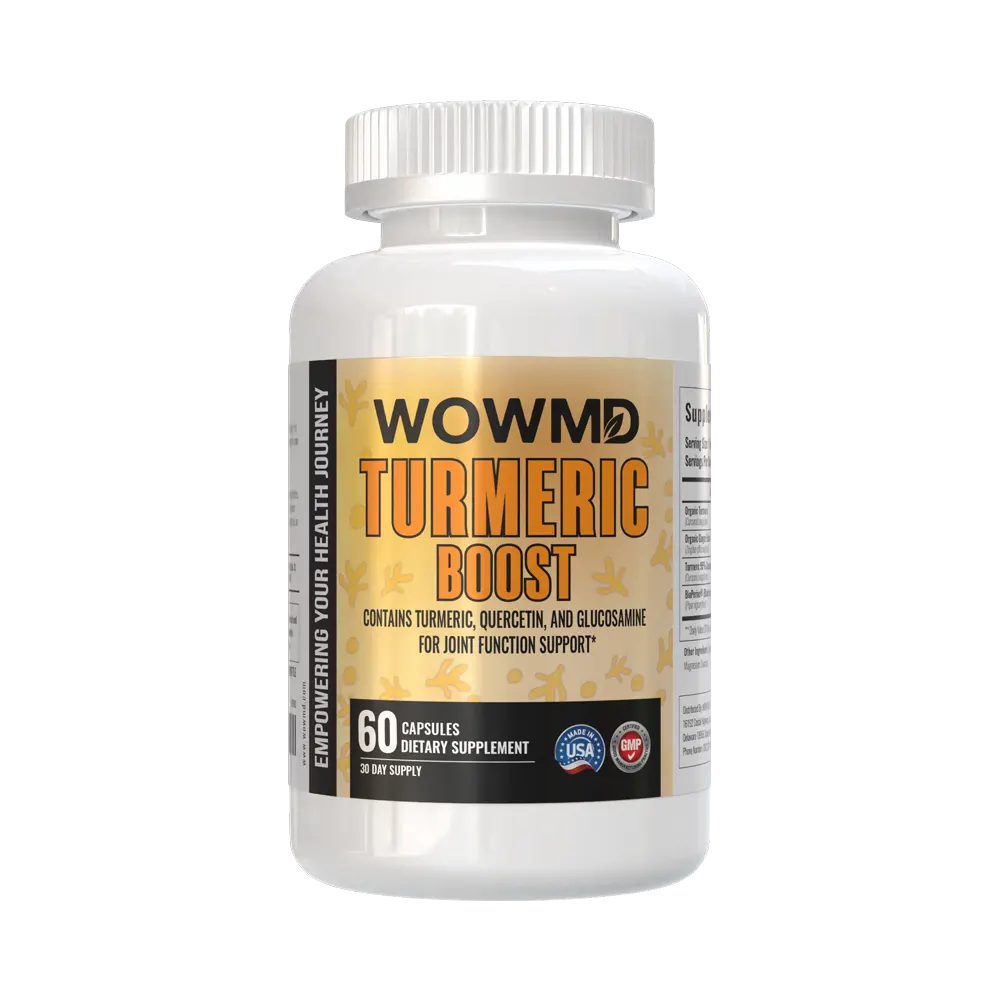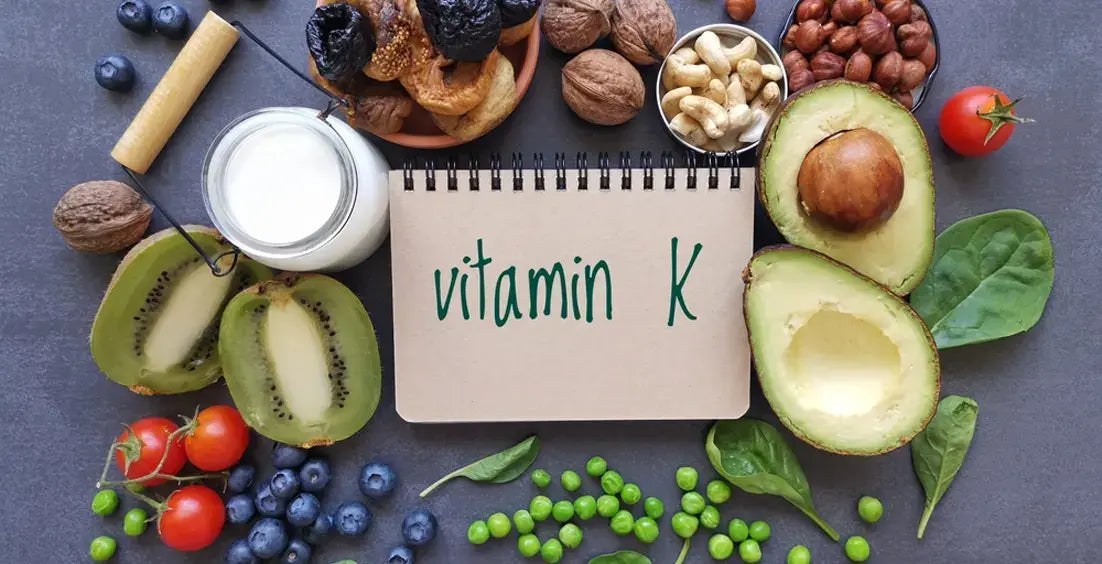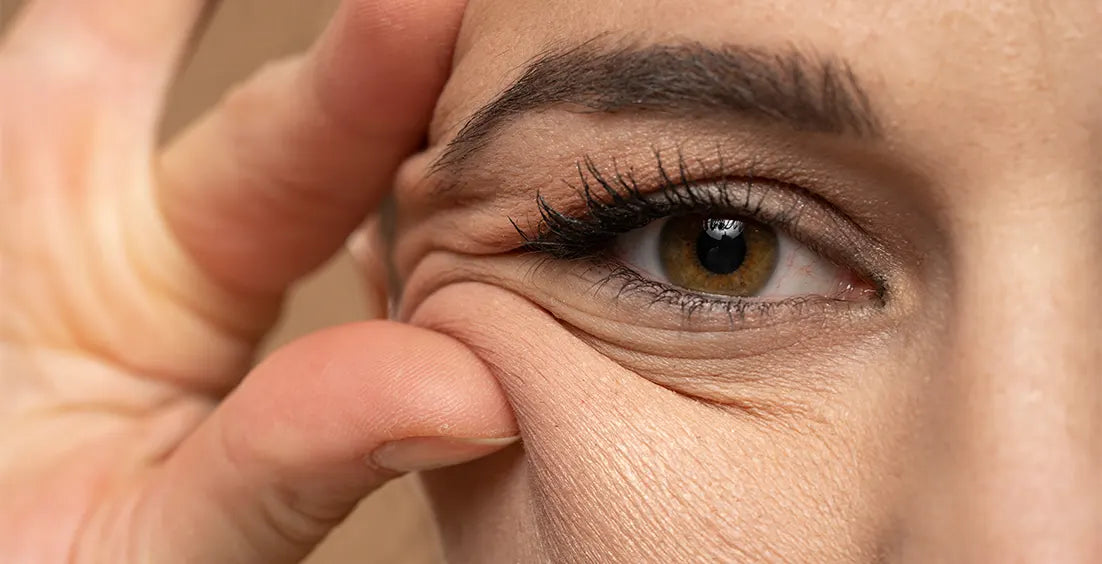What Vitamins Are Good for Skin
Nourish your skin from within! Learn more about the essential vitamins for healthy glowing skin. Boost collagen, fight aging, and achieve radiant skin.

Popular Stories
- Melatonin Benefits: For Sleep Support, Anti-Aging and Many More
- What Are The Benefits of Horny Goat Weed? Benefits and Uses
- Resveratrol vs Grape Seed Extract: Explained in Simple Terms
- Ginseng and for Brain Health
- Retinol Skin Care Benefits: All You Need to Know
- The 8 Best Vitamins & Supplements For Boosting Metabolism (Naturally)
References
- Vitamin A antagonizes decreased cell growth and elevated collagen-degrading matrix metalloproteinases and stimulates collagen accumulation in naturally aged human skin: https://pubmed.ncbi.nlm.nih.gov/10692106/
- The challenge to reach nutritional adequacy for vitamin A: β-carotene bioavailability and conversion—evidence in humans: https://www.sciencedirect.com/science/article/pii/S0002916523030289
- The Roles of Vitamin C in Skin Health: https://www.ncbi.nlm.nih.gov/pmc/articles/PMC5579659/
- Vitamin E in dermatology: https://www.ncbi.nlm.nih.gov/pmc/articles/PMC4976416/
- B Vitamins: Functions and Uses in Medicine: https://www.ncbi.nlm.nih.gov/pmc/articles/PMC9662251/
- Zinc in Wound Healing Modulation: https://www.ncbi.nlm.nih.gov/pmc/articles/PMC5793244/


 Skin Detoxification Bundle
Skin Detoxification Bundle Complete Weight Loss Bundle
Complete Weight Loss Bundle Heart Care Bundle
Heart Care Bundle Better Immunity Bundle
Better Immunity Bundle  Men's Immunity & Prostate Health Bundle
Men's Immunity & Prostate Health Bundle Stress + Energy + Wellness Combo
Stress + Energy + Wellness Combo  Energy Booster Combo
Energy Booster Combo Natural Skin Care Bundle
Natural Skin Care Bundle Workout Supplements Combo
Workout Supplements Combo Cognitive Health & Vision Combo
Cognitive Health & Vision Combo Joint Health Support Combo
Joint Health Support Combo
